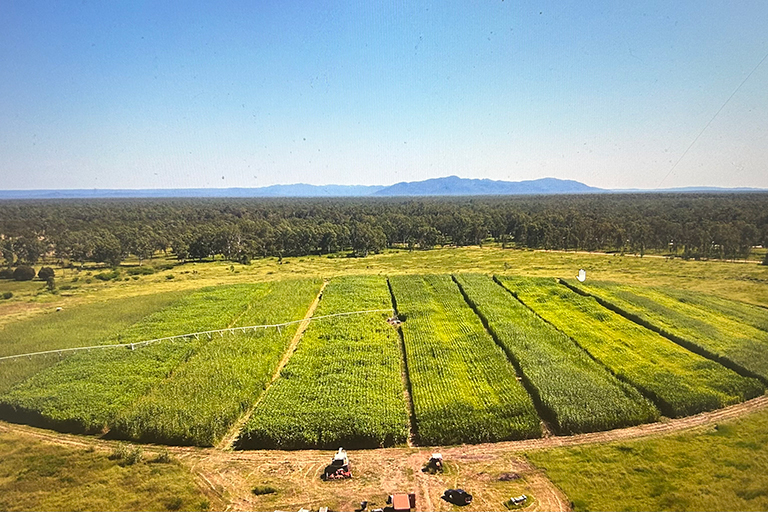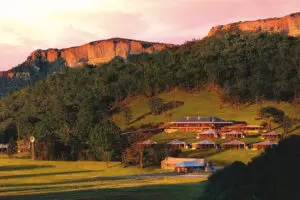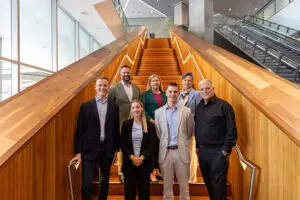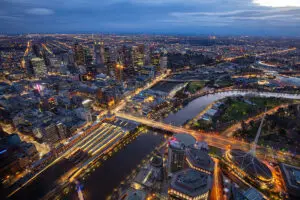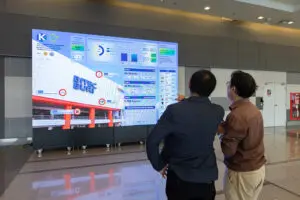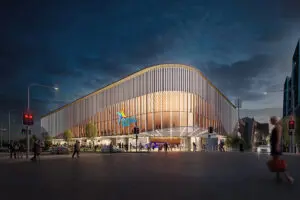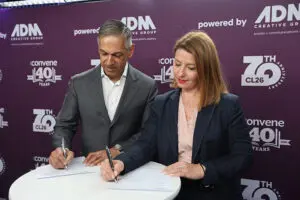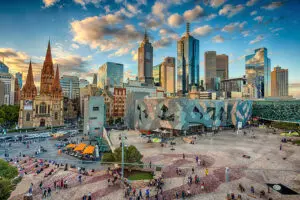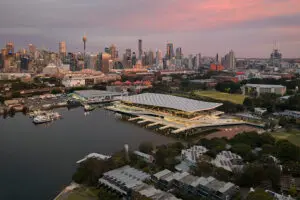Virgin Australia and Qatar Airways are partnering with Renewable Developments Australia (RDA) to set up a sustainable aviation fuel refinery in Charter Towers in northern Queensland, which will convert sugarcane into biofuel for aircraft.
The use of SAF significantly reduces the carbon emissions of commercial aviation.
A reduction in carbon emissions from aviation will also have a significant impact on the carbon footprint of the business events industry with some estimates suggesting up to 80 per cent of the industry’s emissions come from air travel.
The project is currently in a “pre-final investment decision stage” with a target of beginning to deliver sustainable aviation fuel in early 2029.
“We are proud to be working with two globally recognised airlines that share our vision of creating a domestic supply of sustainable aviation fuel,” said Renewable Developments Australia’s managing director, Tony D’Alessandro.
“This project is designed to deliver real, long-term emission reductions while building a new industry in regional Queensland.
“Our ethanol to jet SAF facility in the Charters Towers region will be a fully integrated production site, generating sustainable fuel from bioethanol derived from locally grown sugarcane.
“Additionally, by repurposing by-products of the SAF production process to generate renewable power onsite, we are setting a new benchmark for sustainability in aviation fuel manufacturing.
“This initiative is more than just a step towards decarbonising air travel; it represents a major investment in Australia’s energy security and regional economic development.”
Australia does not yet have an operational SAF production facility, although there is another refinery in the works for Queensland, announced in 2023 and supported by Qantas, Airbus and the Queensland Government.
Sustainable aviation fuel is seen as a critical aspect of decarbonising air travel and is already in use in other countries. In March, Virgin announced it would use SAF in Australia for flights out of the Whitsundays Airport on the mainland between March and July this year.
“The commercial aviation sector in Australia – indeed globally – faces an enormous task ahead in working towards a target of net zero carbon emissions by 2050, which we cannot do alone,” said Virgin Australia’s chief corporate affairs and sustainability officer, Christian Bennett.
“Working together with industry partners and government to establish a domestic SAF industry in Australia will be essential – not only to achieve these shared emissions goals, but to strengthen Australia’s liquid fuel security by reducing reliance on global supply chains and creating new, secure jobs for those living in regional Australia.
“We are delighted to be working with our strategic partner, Qatar Airways, and the team at RDA to try and bring this project to life.
“It is a task strongly aligned with a key priority of our MoU with Qatar Airways, which at its core focuses on advancing SAF and LCAF [low carbon aviation fuel] certification, production and commercial uptake through strategic collaborations, with a focus on investing in Australia.”
The Australian Government approved Qatar Airways to take a 25 per cent stake in Virgin Australia in February. Prior to this, the two airlines signed a memorandum of understanding (MoU) in late 2024 to collaborate on sustainability issues.




